Freedom: A Historical Odyssey
The Enduring Notion of Freedom
Freedom, an inherently human concept, has been a driving force in shaping societies, governments, and civilizations throughout history. Its definition, significance, and the struggle to attain it have evolved over time, reflecting the changing dynamics of human existence. This article explores the intricate history of freedom, tracing its development from ancient civilizations to the modern era, shedding light on the various forms it has taken and the enduring human desire for liberation.
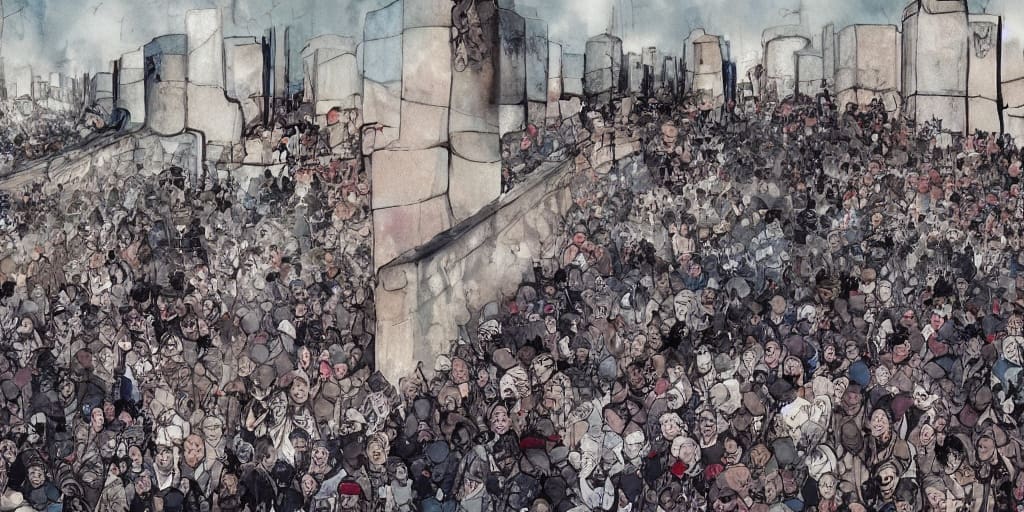
Table of Contents
Ancient Notions of Freedom
The concept of freedom dates back to the dawn of human civilization. In ancient Mesopotamia, the Code of Hammurabi, one of the earliest legal codes, recognized certain rights and liberties for its subjects. However, these rights were primarily enjoyed by the privileged classes, while slaves and women were often excluded. Similarly, in ancient Greece, the notion of freedom was closely linked to citizenship. Athenian democracy, while ground-breaking in its time, was limited to a select group of male citizens, leaving vast segments of the population devoid of political freedom.
Rome, on the other hand, introduced a broader concept of freedom, known as libertas. Romans believed in the importance of individual freedom and rights. Cicero, a Roman philosopher, argued that freedom was essential for the development of human virtue and the well-being of society. Nevertheless, even in Rome, freedom was not universal, as it coexisted with slavery and hierarchical social structures.
*All Book Images Open a New tab to our Bookshop
**If you buy books linked to our site, we get 10% commission from Bookshop.org, whose fees support independent bookshops.
Medieval Constraints and the Birth of Modern Freedom
The Middle Ages witnessed a significant shift in the perception of freedom. Feudal societies of medieval Europe were characterized by a complex system of rights and obligations. While serfs were bound to the land and lacked personal freedom, the emerging merchant class enjoyed greater economic freedom. The Magna Carta, signed in 1215, marked a pivotal moment in the history of freedom by limiting the arbitrary power of monarchs and recognizing certain rights and liberties of the nobility. This foundational document laid the groundwork for the development of constitutionalism and the rule of law.
The Renaissance period saw a revival of classical ideas, including those related to freedom. Thinkers like John Locke and Jean-Jacques Rousseau played a crucial role in shaping the modern understanding of freedom. Locke’s “Two Treatises of Government” argued that individuals possessed natural rights to life, liberty, and property, and that governments existed to protect these rights. This idea paved the way for the concept of individual freedom as a fundamental human right.
*All Clothes and Accessories are items from our shop souled-out.world
The Age of Enlightenment and Revolutionary Change
The 18th century Enlightenment marked a watershed moment in the history of freedom. Enlightenment philosophers championed the principles of reason, individualism, and secularism, challenging the authority of both the church and the monarchy. Voltaire, Montesquieu, and Diderot advocated for religious tolerance, freedom of thought, and the separation of powers. These ideas ignited the intellectual sparks that fueled the American and French Revolutions.
In the United States, the Declaration of Independence, authored by Thomas Jefferson in 1776, famously proclaimed that “all men are created equal” and endowed with “certain unalienable rights, which among these are Life, Liberty, and the pursuit of Happiness.” The U.S. Constitution, ratified in 1787, became a model for modern democratic governance, enshrining the protection of individual freedoms through a system of checks and balances.
Across the Atlantic, the French Revolution unleashed a fervour for liberty, equality, and fraternity. The revolutionary slogan “Liberté, égalité, fraternité” embodied the aspirations of the French people. However, the path to freedom in revolutionary France was marked by violence, culminating in the Reign of Terror. Despite its turbulent course, the French Revolution introduced the idea that freedom should extend to all citizens, regardless of their social class.
Abolitionism and the Fight Against Slavery
The 19th century also witnessed a global struggle for freedom in the form of abolitionism. The transatlantic slave trade and the institution of slavery itself were gross violations of human rights. Abolitionists like Frederick Douglass, Harriet Tubman, and William Wilberforce fought tirelessly to end the brutal practice of enslavement. Their efforts resulted in the abolition of the transatlantic slave trade in 1807 and the eventual emancipation of slaves in many parts of the world.
The Legacy of Colonialism and the Quest for National Freedom
The late 19th and early 20th centuries saw the dismantling of empires and the emergence of numerous nation-states seeking independence from colonial rule. Leaders like Mahatma Gandhi in India, Kwame Nkrumah in Ghana, and Nelson Mandela in South Africa became emblematic figures in the fight for national freedom. These movements highlighted the importance of self-determination and the right of nations to govern themselves without external interference.
The Struggle for Civil Rights
In the 20th century, the struggle for freedom expanded to encompass civil rights movements, particularly in the United States. African Americans, led by figures like Martin Luther King Jr., Rosa Parks, and Malcolm X, challenged systemic racism and segregation. The Civil Rights Act of 1964 and the Voting Rights Act of 1965 were pivotal legislative victories that aimed to secure equal rights and freedoms for all citizens.
The Digital Age and New Frontiers of Freedom
The advent of the digital age has introduced new dimensions to the concept of freedom. The internet, for example, has provided unprecedented access to information and the ability for individuals to express themselves globally. However, it has also raised concerns about privacy, surveillance, and the spread of disinformation. The balance between individual freedom and collective security remains a pressing issue in the 21st century.
Freedom is a Tale of Struggle
The history of freedom is a tale of struggle, progress, and evolution. From ancient notions of liberty confined to select classes to the modern belief in individual rights and freedoms as universal human entitlements, the concept of freedom has undergone a profound transformation. It has inspired revolutions, propelled social movements, and shaped the course of nations.
While significant progress has been made in expanding the scope of freedom, challenges persist. Inequalities, discrimination, and threats to civil liberties remain prevalent in many parts of the world. As societies continue to grapple with these issues, the history of freedom serves as a reminder of the enduring human quest for justice, equality, and the unalienable right to live life on one’s own terms.
More ‘Freedom’ Apparel in Our Souled-Out.World Shop



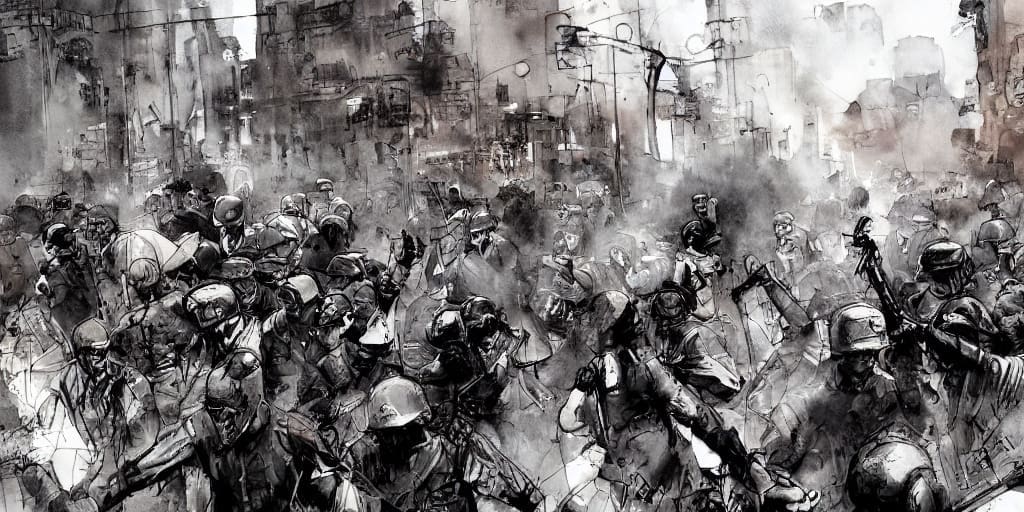
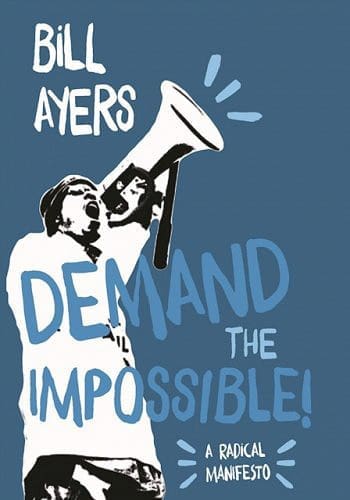

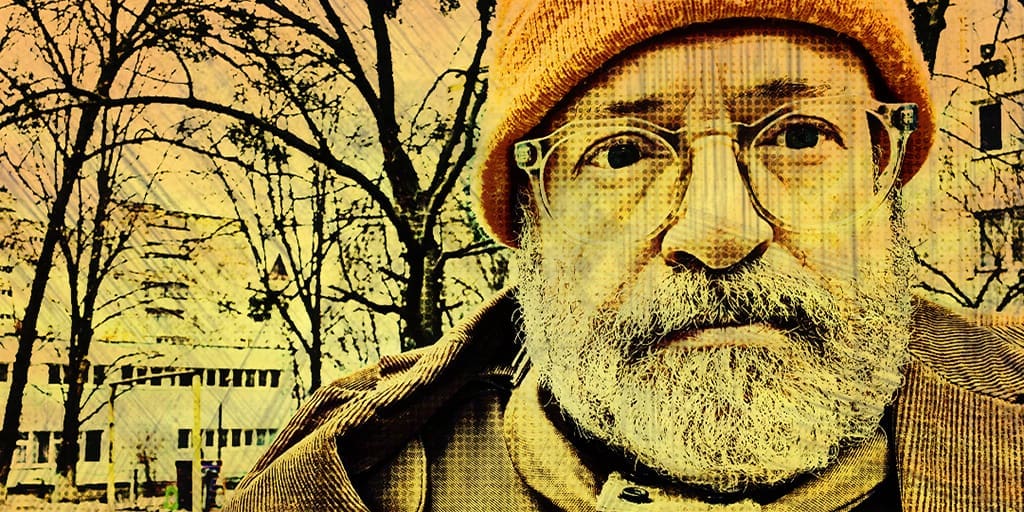







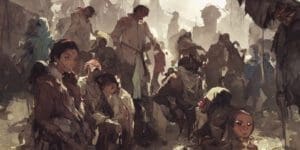













Leave a Comment